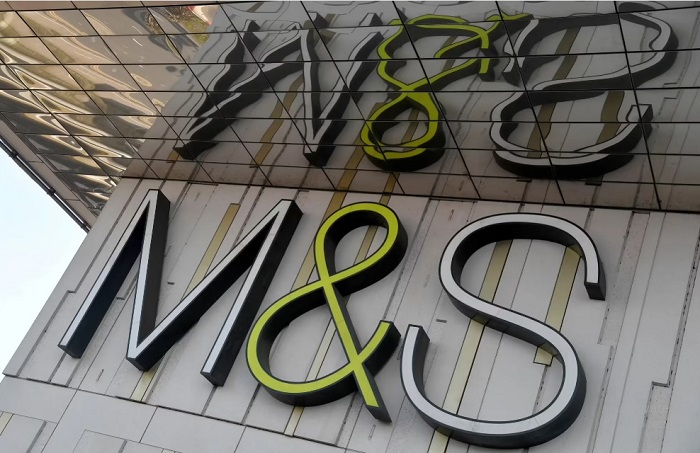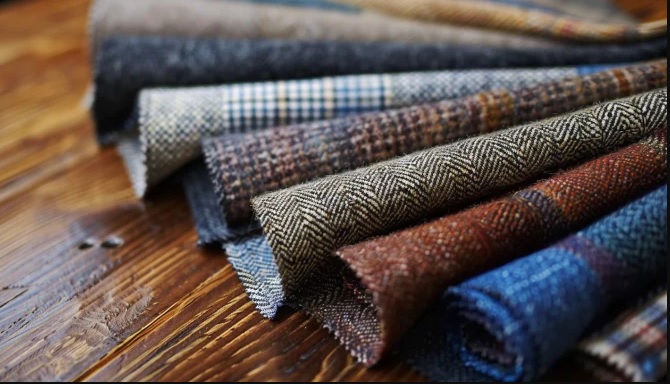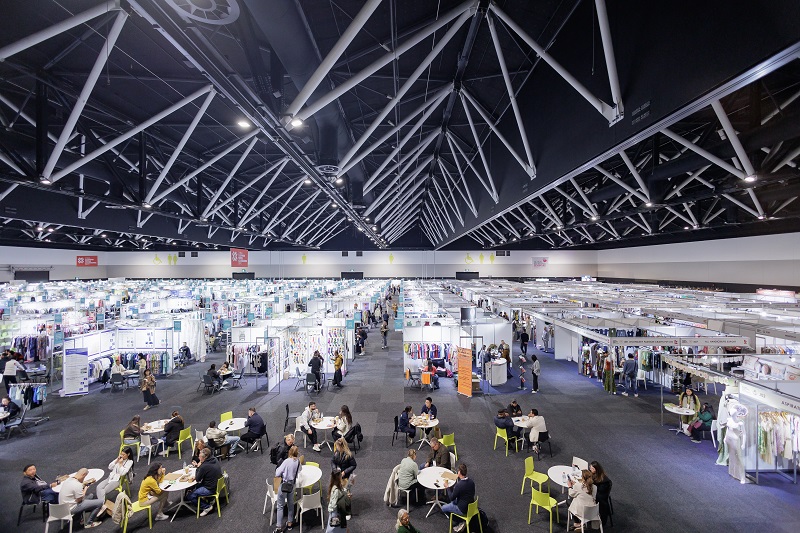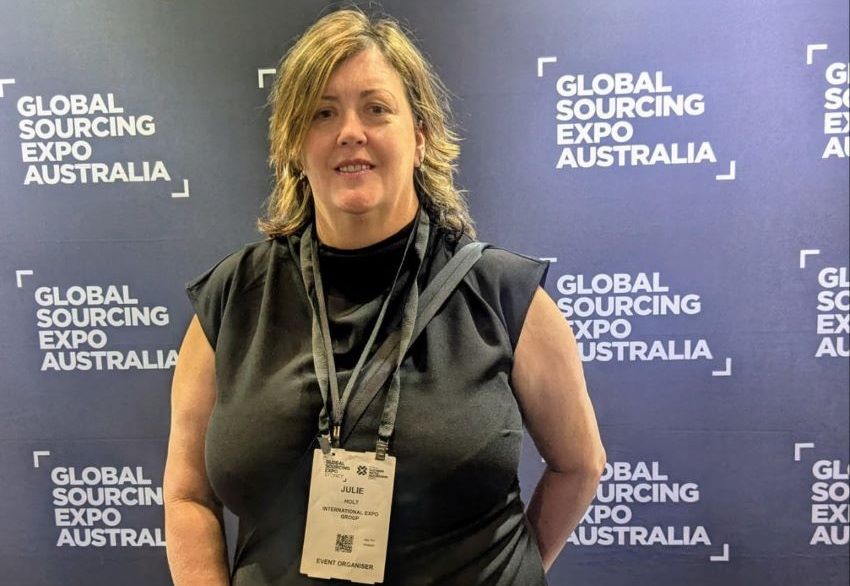Cut-price fashion chain Primark published details of factories in its supply chain to show to the world that it has nothing to hide when selling products manufactured without using slave labour. The budget retailer, which has 350 stores across Britain, Europe and the US, has published an online map showing details of over 600 suppliers’ factories in around 30 countries, including information about the number and gender of workers. Primark’s head of ethical trade, Katharine Stewart says, they are opening up about suppliers to boost transparency and visibility in supply chain. The numbers are adding on, from big brands Adidas to fashion retailers H&M and ASOS, are sharing information on their supply chains as they face mounting regulatory and consumer pressure to ensure their products are slavery-free.
It may be noted that supply chains are often complex as a product is manufactured, packaged and distributed in a process linking multiple suppliers in many countries, making it difficult to see forced labour. The International Labour Organization (ILO) and rights group Walk Free Foundation reports about 25 million people worldwide are estimated to be trapped in forced labour in 2016,
Peter McAllister of the Ethical Trading Initiative (ETI) points out Primark joins the select but growing group of leading companies that disclose details of their supplier factories. It is one more step in meeting consumer expectations. Primark said it had decided to divulge the details as most of its suppliers were also contracted by rival companies, many of which had already made the details public. Post alleged accusations that it used “sweatshops” and “modern-day slaves” to produce clothes sold for just a few pounds, Primark says it has stepped up efforts to tackle the risk of forced labour. The retailer minimises costs by spending very little on advertising and buying materials in bulk, Stewart said.












